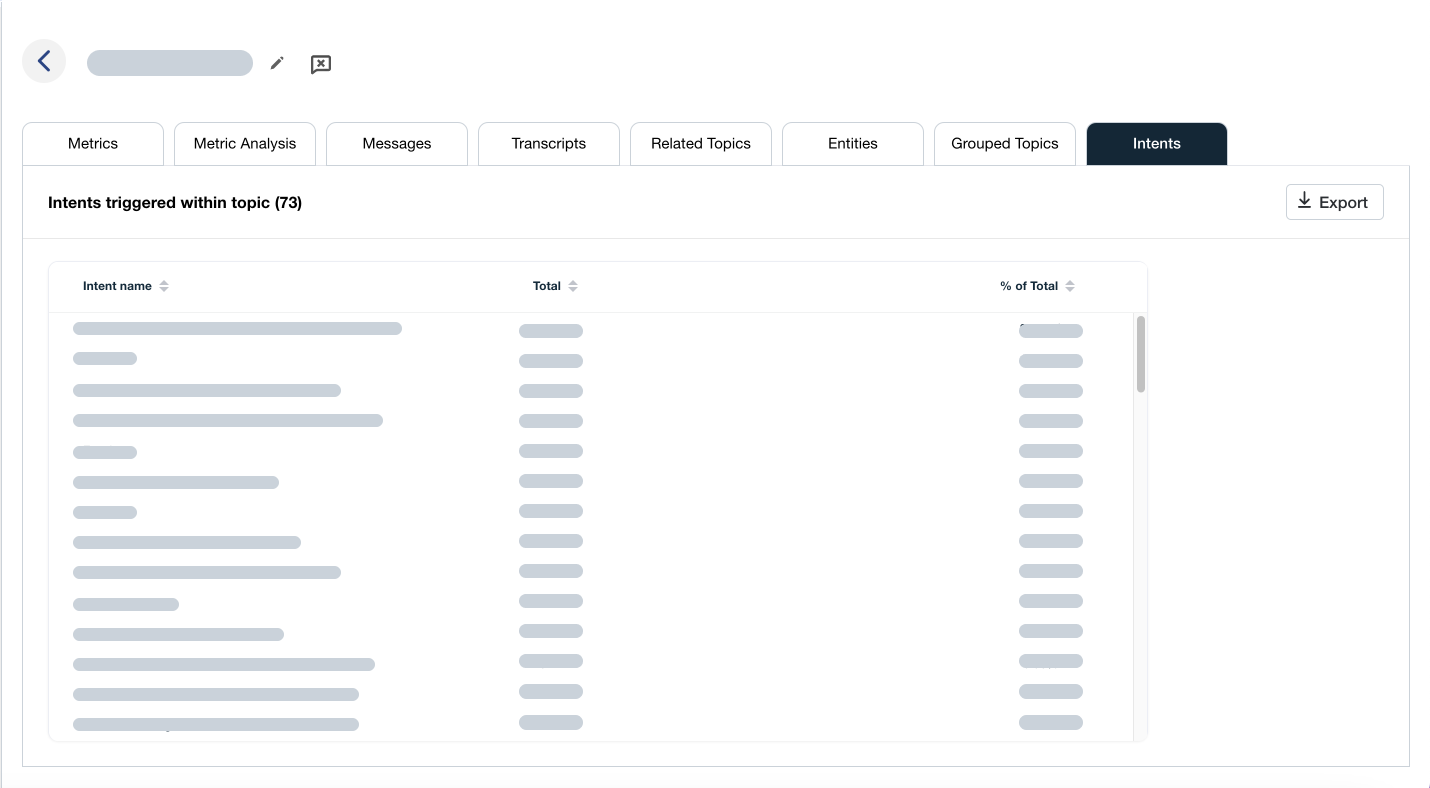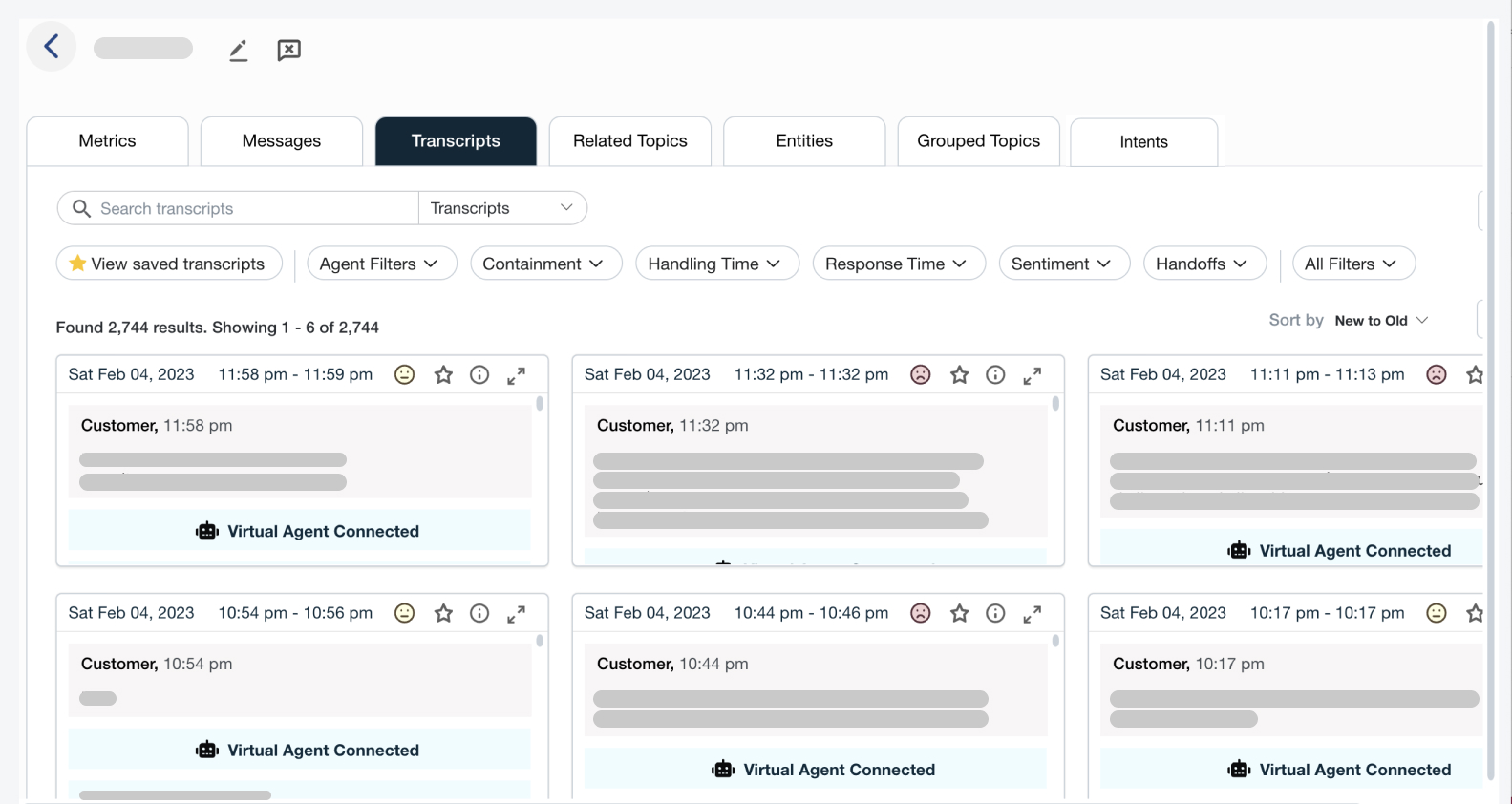Employee empowerment – not a worn-out buzzword
Employee empowerment – not a worn-out buzzword

Has “employee empowerment” become a worn-out buzzword or over-used contact-center cliché? Absolutely not! Let’s go back to the heart of the meaning of the term “empowerment.” Then let’s review the millennial mindset in order to understand what empowerment means to them. Finally, let’s reiterate why doing everything in your power to promote agent empowerment is crucial to you and your staff – not to be overlooked or dismissed as hype.
Empowerment is based on the idea that: Giving employees skills, resources, authority, opportunities, motivation, as well as holding them responsible and accountable for outcomes of their actions, will contribute to their competence and satisfaction.
Problem – changing nature of workforce & mindset
Employees who don’t feel empowered often complain about having no say, no decision-making power or no control over their work. This often leads to burnout and, in the case of contact-center agents, quitting. Many contact centers suffer from high attrition rates. This means recruiting, re-hiring and re-training – costly in terms of time, energy and money.
Millennials – also referred to as Gen Y – born in the early eighties to around 2000, represent a staggering 79 million in the USA alone. Soon they’ll outnumber baby boomers as the largest age group in the workforce. It’s not by chance that their sheer number is prompting organizations to re-assess their people-management practices – and nowhere is this more evident than in contact centers.
What is the millennial mindset in terms of work? At work, Millennials want to feel they’re making a difference. They’ll work hard if the work feels meaningful. Also, growing up in a world where they’ve been privy to constant feedback and being heard, they want to be motivated on the job as well as acknowledged and rewarded for a job well done.
But once their shift is over – and they definitely want flexibility in scheduling and a say as to when they’re off – let it be known that they value their priorities and interests. Responding therefore to this mindset – i.e. empowering them – is no longer an option for employers but a necessity.
It’s hardly a coincidence that the term “call” center has evolved into “contact” center – given the many channels of communication used today. Gone are the days of bored or stressed-out employees endlessly and in rote fashion, answering or making phone calls. As the front-line of your business – often the first point of contact for many of your customers – Millennials are a crucial component of your business operations and now, more than ever, can potentially play a determining role in delivering outstanding customer-service experiences – an increasingly competitive area.
With the advent of “chatboxes” or “chatter robots” more and more taking care of standard, routine customer inquiries, agents can take on more challenging, complex and interesting problem-solving tasks. Being human means it feels good to share and help solve problems and Millennials are no exception. It’s a proven fact that when agents feel motivated by their work and do a good job of it, their productivity also improves.
Solution – killing two birds with one stone
Surely, you want to improve customer satisfaction and first-contact resolution rates. But if your contact-center staff is not feeling engaged, motivated or properly rewarded, they won’t put their best foot forward. They won’t have to either: they’ll simply find better work conditions elsewhere.
So perhaps you need to review your modus operandi. Are you supplying you staff with the necessary tools so they can carry out their tasks in the best way possible and feel satisfied in doing so? In my opinion, this is the best way forward.
This means…
This means that when a particular customer makes contact, you staff has instantly available at their fingertips, updated and relevant information about that particular customer.
This means, for example, automatically routing more complicated problem-solving tasks to more experienced staff or chat and e-mail inquiries to agents skilled in writing – in other words, matching skills and tasks to suitable agents. Obviously and in all fairness, more highly skilled agents want tasks that are more challenging. This improves their engagement and work satisfaction; it’s dynamic; there’s movement – it’s not just the same old thing, over and over. It’s a proven fact that highly engaged frontline team members create superior experiences for their customers over non-engaged employees.
This also means providing agents with a mechanism that allows them to clearly track their performance – how can you improve if you don’t know how you’re performing – that also has built-in, healthy, competitive gamification features and a reward system that motivates them.
Finally, this means offering scheduling flexibility so agents can request days off or swap shifts through a self-service portal via their mobile devices – anywhere, anytime. As such, they feel they have a say over their work-life balance; over their life outside work.
In conclusion, Millennials are tech-savvy and demand work-life balance. They’re constantly checking their smart devices and are used to finding/getting instant responses to their questions. Just providing them with work hours and a pay check no longer cuts it. Let your workforce-management practices be no exception: respond to millennial needs accordingly.









